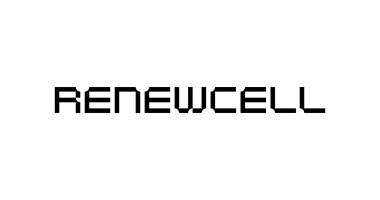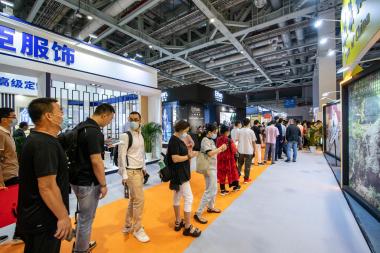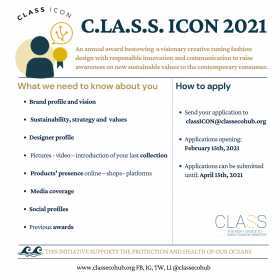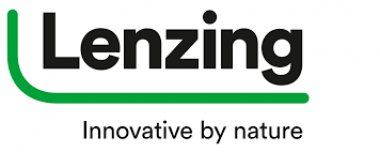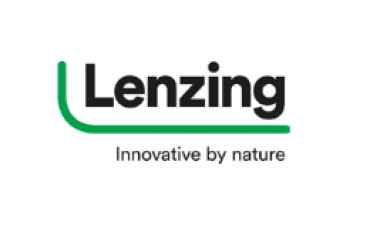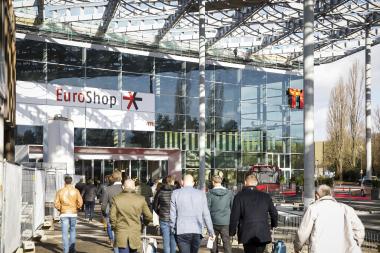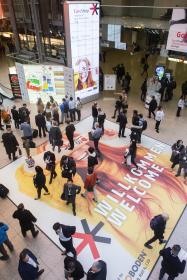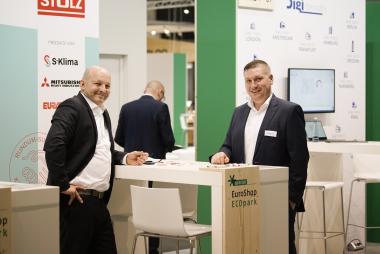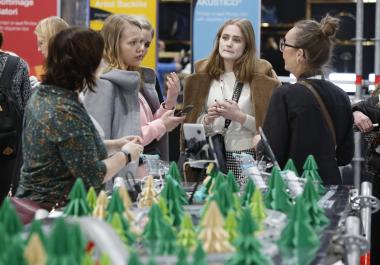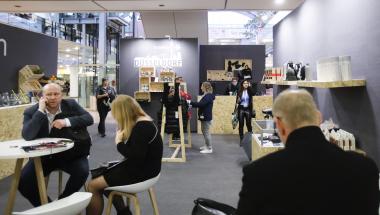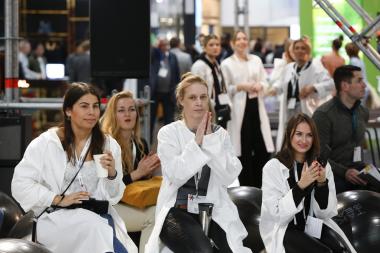NCTO President & CEO Kim Glas testified on Supporting U.S. Industry
NCTO President and CEO Kim Glas testified at a hearing on “Supporting U.S. Workers, Businesses, and the Environment in the Face of Unfair Chinese Trade Practices” before the House Ways and Means Trade Subcommittee.
In written testimony submitted to the committee, Glas outlines China’s rise to dominance of global textile and apparel production and its adverse impact on the U.S. textile industry, details ways to strengthen onshoring and nearshoring of supply chains, and provides recommendations on the critical policies needed to address these illegal trade practices and rectify inequities.
“China holds the dubious distinction of being the world’s leading purveyor of illegal trade practices that are designed to unfairly bolster a blatantly export-oriented economy,” NCTO President and CEO Kim Glas says. “These predatory practices take many forms, from macroeconomic policies that grant across-the-board advantages to their manufacturers, to industry specific programs intended to dominate global markets in targeted areas. The U.S. textile industry has been a longstanding victim of China’s predatory export practices.”
“China’s virtually unlimited and unrealistic pricing power coupled with its subsidies and lack of enforceable labor and environmental standards strips benefits and undermines policy objectives throughout the U.S. free trade and preference program structure,” Glas further notes.
“A program of maximum pressure must be developed and fully enforced to reconfigure textile and apparel sourcing patterns that currently place an unhealthy and heavily weighted dependance on China,” Glas adds. “With a strong trade policy holding China accountable, the opportunities are ripe to unlock further domestic and regional investment to bolster this critical textile and apparel production chain because of the important rules of origin for this sector. We can nearshore more production, help address the migration crisis, and assist in addressing the urgent issue of climate change and create a win-win-win for workers in the United States, workers in the region, and consumers.”
Glas outlines key policy recommendations to the committee, including:
- Enact tax incentives and other targeted critical investments to strengthen Western Hemisphere trade relationships and re-shore manufacturing
- Close the Section 321 De Minimis Tariff Loophole
- Step up enforcement of forced labor of Uyghurs and others in the Xinjiang Uyghur Autonomous Region (XUAR)
- Firmly maintain Section 301 penalty duties on China for finished textiles and apparel products
- Immediately pass the MTB to help manufacturers with a limited list of critical inputs not made in the U.S. and review/close the mechanism in the MTB renewal which allows for finished products
- Strengthen buy-American practices for PPE and other essential products
- Block expansion of the Generalized System of Preferences (GSP) to include textile and apparel products
- Use trade enforcement in free trade agreements to mitigate transshipment schemes by unscrupulous importers seeking to illegally circumvent duties
NCTO









